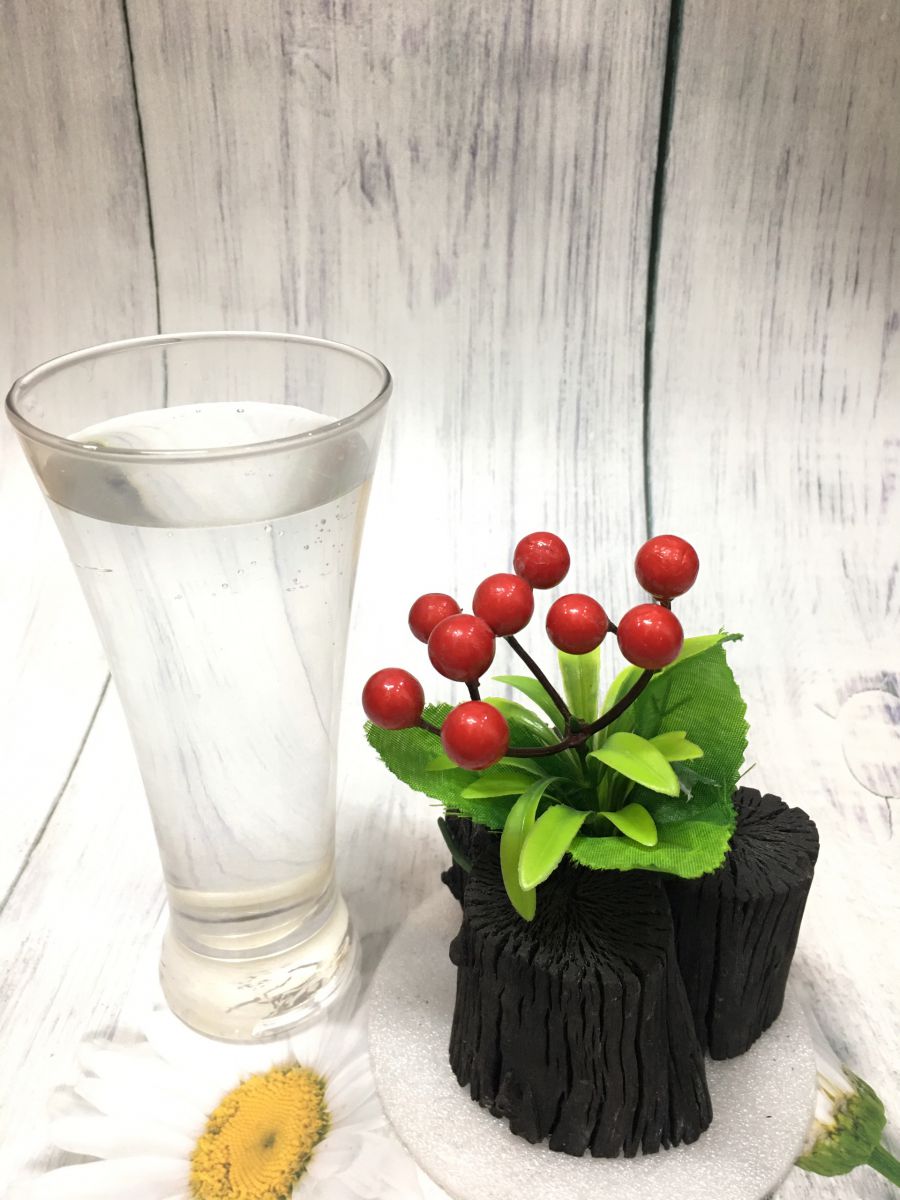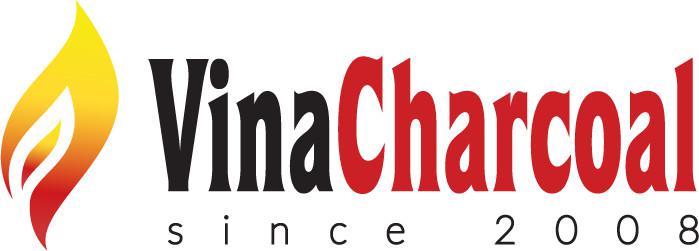As you probably know, charcoal is one of the most commonly used things to filter water, let's learn the principle of charcoal filtration.
1/Why wood charcoal is featured for filtering water?
Wood charcoal does not filter water in the true sense. In filtration, water is passed through a membranes and the impurities gets trapped on the membrane. In case of charcoal, due to the way it is made, while the wood burns, it creates numerous empty spaces within charcoal. After burning, you will get a piece of carbon with a large network of empty spaces and these spaces increases the effective surface area of the lump of carbon.
2/How does wood charcoal filter water?


Because many of the contaminants that are dissolved in or are suspended in water, can be made to absorb on the chemically active surfaces of the charcoal. Some of the most toxic substances such as industrial chemicals (e.g. Poly-Aromatic Hydocarbons, PAHS, and Benzene/Toluene/Ethyl Benzene/Xylene, BTEX) are not very soluble in water and are chemically much more similar to the charcoal surface. They chemically prefer to be bonded to a carbon surface rather than dissolved in water. So as the water moves past the charcoal those toxic molecules adsorb on the surface of the charcoal. Chlorine also reacts with the carbon surface which neutralizes the chlorine (it is converted to harmless chloride).
Finally, charcoal is often a very complex and high surface area material. It acts as a “filter” with many tortuous paths to absorb suspended particles.
3/Charcoal can filter all chemicals?
Activated charcoal is good at trapping other carbon-based impurities ("organic" chemicals), as well as things like chlorine. Many other chemicals are not attracted to carbon at all such as sodium, nitrates, etc, so they pass right through. This means that an activated charcoal filter will remove certain impurities while ignoring others. It also means that, once all of the bonding sites are filled, an activated charcoal filter stops working. At that point you must replace the filter.
In short, it is a very versatile and inexpensive filter/absorbent material. Its principal drawback is that it eventually “wears out” (it is filled up with “stuff”) and must be replaced. Therefore, just do not leave your charcoal filter on for forever. It needs to be replaced at least every year.
Currently, customers often buy white charcoal (binchotan) and bamboo charcoal from our company to filter water, if you are interested in these products, please contact me immediately for advice. We are willing to give you free samples.
If you have any more question, do not hesitate to contact me:
Whatsapp : +84 823 629 629 (Mr. Harry)
Email: charcoal8@thaloca.com
In short, it is a very versatile and inexpensive filter/absorbent material. Its principal drawback is that it eventually “wears out” (it is filled up with “stuff”) and must be replaced. Therefore, just do not leave your charcoal filter on for forever. It needs to be replaced at least every year.
Currently, customers often buy white charcoal (binchotan) and bamboo charcoal from our company to filter water, if you are interested in these products, please contact me immediately for advice. We are willing to give you free samples.
If you have any more question, do not hesitate to contact me:
Whatsapp : +84 823 629 629 (Mr. Harry)
Email: charcoal8@thaloca.com

